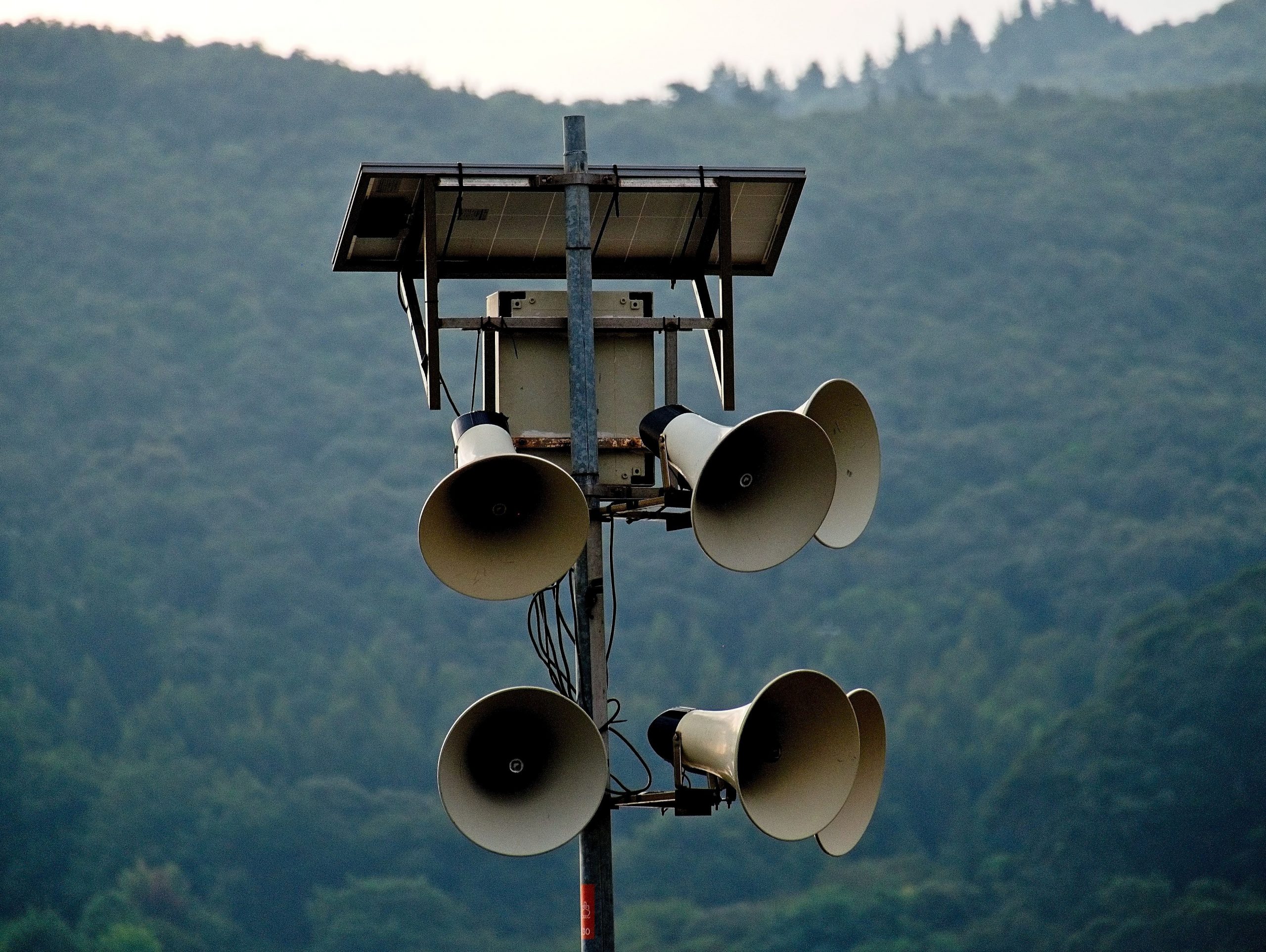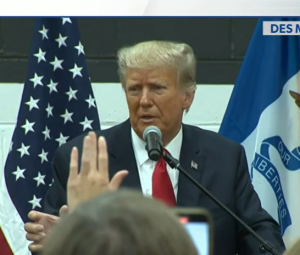Cancelling Uttar Pradesh administration’s order banning azaan that is recited by a ‘muezzin’ (a man who gives a call to Muslims to offer prayers five times a day), the Allahabad High Court allowed its pronouncement by a single individual in the mosques without the use of speaker during the lockdown imposed to check the spread of the deadly coronavirus. The order came in the middle of the holy month of Ramzan and days before the festival of Eid al-Fitr, which fell on May 23-24 this year.
The high court ruling came on a bunch of petitions challenging the order of the Ghazipur district administration, citing the ‘hotspot’ status of the area, had banned all religious activity, including azaan.
Here are the highlights from the court order delivered On May 15:
While hearing the plea, the high court held that azaan is an integral part of Islam, but not the use of loudspeakers.
The bench, comprising Justices Ajay Kumar and Shashi Kant Gupta, refused to allow the use of loudspeakers for the recitation of Azaan.
The court held that “the use of loudspeakers affects the fundamental rights of the citizens under Article 19 (1) (a) of the constitution.
“No one has the right to make other persons captive listeners. One cannot disturb others’ basic human rights and fundamental rights”.
The court ruling came after a bunch of pleas were filed by Lok Sabha member from UP’s Ghazipur, Afzal Ansari and former Union law minister Salman Khurshid, among others against district administration order
Petitioners had submitted that the recitation of azaan is not a congressional practice but is simply an act of recitation by a single individual, calling others to pray
Court also refused to address the state government’s contention that its recitation by human voice was in violation of any provision of law.
The court ruled that one cannot use loudspeakers for azaan or for any other purpose without the prior permission of district administration.







